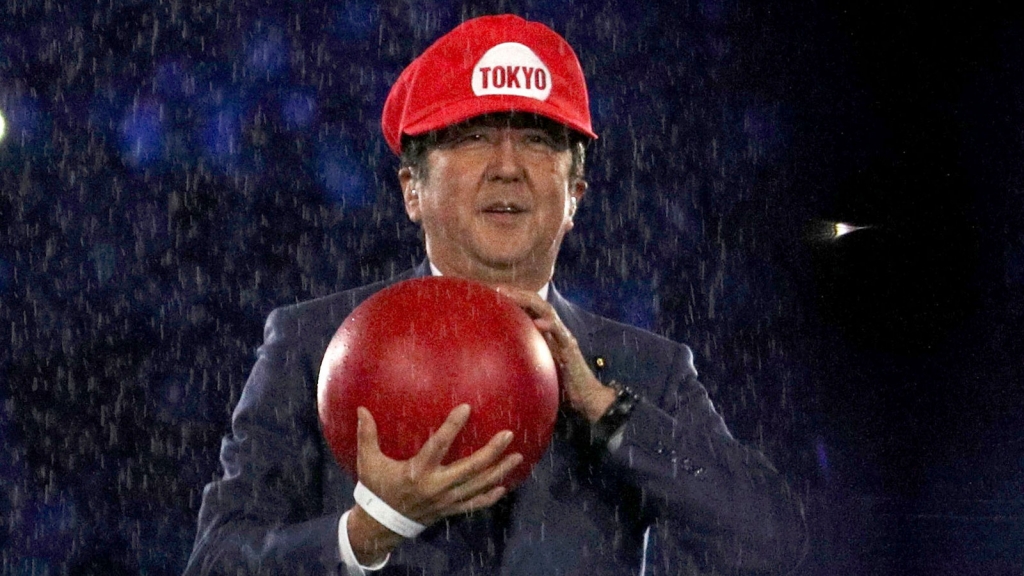-
Tips for becoming a good boxer - November 6, 2020
-
7 expert tips for making your hens night a memorable one - November 6, 2020
-
5 reasons to host your Christmas party on a cruise boat - November 6, 2020
-
What to do when you’re charged with a crime - November 6, 2020
-
Should you get one or multiple dogs? Here’s all you need to know - November 3, 2020
-
A Guide: How to Build Your Very Own Magic Mirror - February 14, 2019
-
Our Top Inspirational Baseball Stars - November 24, 2018
-
Five Tech Tools That Will Help You Turn Your Blog into a Business - November 24, 2018
-
How to Indulge on Vacation without Expanding Your Waist - November 9, 2018
-
5 Strategies for Businesses to Appeal to Today’s Increasingly Mobile-Crazed Customers - November 9, 2018
Japan plans to make Olympic medals from e-waste for 2020 Games
Prime Minister Shinzo Abe showered the closing of Rio Olympics with excitement last August 22 as he cosplayed the Nintendo game character, Mario to announce Japan’s turn to host the global sports event. Government-mandated e-waste collection goals established in 2013 – an annual quota of 1kg of trashed consumer electronics per person – for municipalities have largely fallen short. That came to 315 lbs. of gold; 3,452 lbs. of silver; and 1,112 tons of copper through electronics in 2014 alone.
Advertisement
Japan’s capital also hosted the Olympics in 1964.
Japan, however, wants the prizes awarded during the 2020 Summer Olympics in Tokyo to made entirely from metals culled from its sizable national supply of e-waste.
This “urban mining” aims to help the Japanese Olympic Committee (JOC) get the required material to mold gold, silver and copper medals locally. Japan throws away approximately 650,000 tons of electronics every year, but only about 100,000 tons of that is recycled.
The London Olympic Games in 2012 used 9.6 kg of gold, 1,210 kg of silver and 700 kg of copper to make their medals.
Even with the implementation of an efficient e-waste collection system, the proposal for recycled metals in the Olympic medals may still fall short, as much of the metals now being recovered from e-waste is already put back into circulation as new electronics, especially silver, which “faces a tight supply-demand balance” in Japan. In fact, Japan is one of the most active recyclers of plastic, glass and paper in Asia.
The nation is looking to a new source for the materials to make the medals: electronics. As Nikkei notes, silver is a particularly hot commodity and, furthermore, it’s uncertain that enough silver could be reclaimed from e-waste to produce all of those silver (and gold) medals.
“We need a system that makes it easy for consumers to turn in used consumer electronics”, said Takeshi Kuroda, president of ReNet Japan Group, a company that purchases and sells used home appliances.
Advertisement
All sounds good. Here’s hoping that Tokyo’s ambitious dreams of green medal-dom aren’t abandoned amidst controversy like the original Olympic Stadium and official logo have been.





























